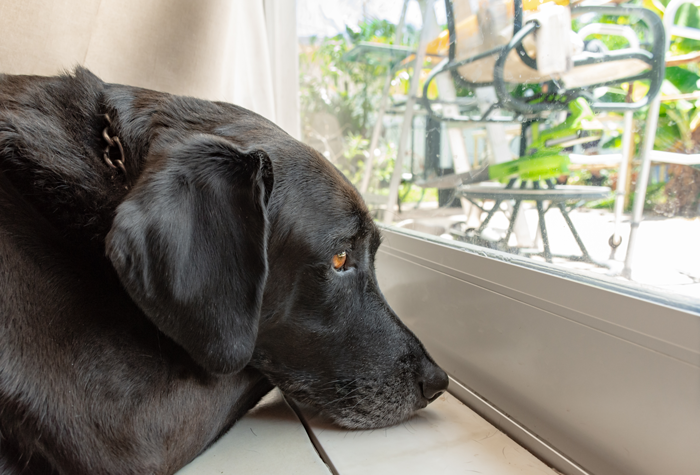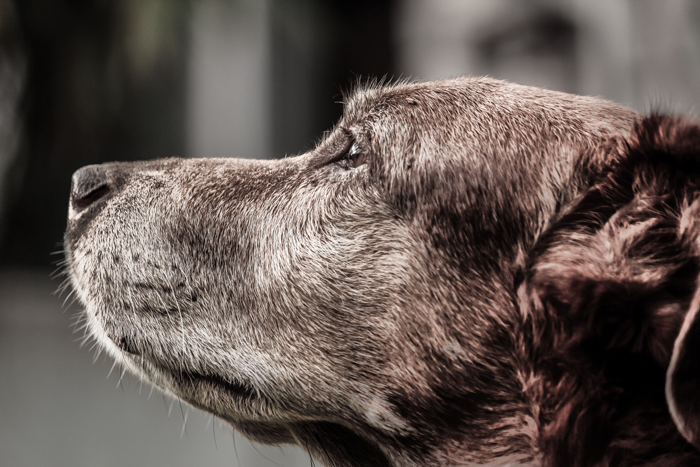Every year approximately 3.2 million animals are adopted from shelters in the United States. And…

3 Signs That Your Pet Needs to Go to the Vet
It’s not always easy to tell when your pet needs to go to the vet. Some animals are masters at masking pain and other problems they may be dealing with, so you may not always know when your pet needs medical attention.
To help make things easier, we’ve compiled a list of three of the most common warning signs to look out for with your pet.
Changes in Mood or Appetite
This is one of the main indicators that a pet is not feeling well. In some cases, it could be a sign of hidden pain or illness that could require immediate veterinary attention. On the other hand, if your pet recently visited the vet and received any shots, it’s possible that their lack of appetite could be related to the vaccine. If you suspect your pet’s behavior could be medication-related, it’s always best to thoroughly read over any of the literature given to you by your vet. If you still have questions or concerns, call your vet or stop by their office and they should be able to advise you if further medical attention may be needed.
Skin Lesions or Loss of Fur
Sudden changes in your pet’s coat could be a sign of a skin condition or underlying illness. Skin conditions can be the result of anything from a recent change in diet, to an allergic reaction, a fungal infection, an allergy, or even anxiety. The good news is that most skin conditions in pets are easily diagnosable and treatable.
Mobility or Sensitivity Issues
As our pets age, it’s common for them to begin experiencing some mobility issues. But if your pet is suddenly exhibiting signs of pain during playtime or while being petted, they may have injured themselves and need immediate veterinary care.
Your vet will likely be able to determine the cause of the pain and develop a plan to help your pet. Aside from an injury, mobility issues can also be linked to excess weight and even genetics. For example, larger breeds of dogs, as well as Persian, Siamese, and Himalayan cats can be prone to developing hip dysplasia as they age.
Show Your Love
Ultimately, the best way you can help keep your pet the happiest and most healthy is to take them for regular veterinary check-ups. Routine exams and bloodwork are the keys to catching any problems in your pet early and treating them to help ensure no problems develop or worsen later on.
Have you recently added a new four-legged member to your family? Make sure you are getting them the same protection you would invest in for yourself. Our pets are wholly dependent on us; not just for love and attention, but also for their overall health including diet, exercise, enrichment, and regular veterinary checkups.
We’ve teamed up with one of the top pet insurance carriers in the country to offer discounts on coverage. Visit our pet insurance page.

